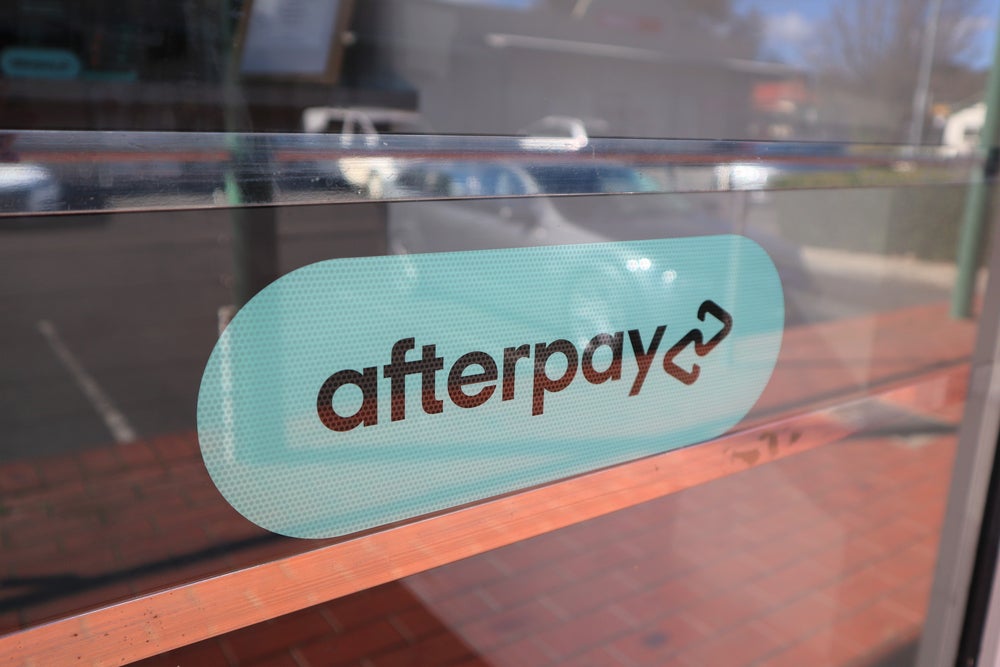If Afterpay is to be believed, buy now pay later (BNPL) is increasingly winning consumers away from using their credit card. No matter that the latest US figures highlight that credit card balances increased by $45bn, from $986bn in Q1 2023 to a record high of $1.03trn in the Q2 2023, marking a 4.6% quarterly increase. Credit card accounts expanded by 5.48 million to 578.35 million. Aggregate limits on credit card accounts increased by $9bn and now stand at $4.6trn.
Not much evidence there of the credit card being in decline.
Leaving that aside for one moment, take the contrasting approaches of New York Fed researchers and Clearpay/Afterpay to the question of whether or not the use of BNPL alleviates financial stress.
It is quite a contrast in views. According to a report published by Clearpay yesterday entitled ‘Economic Impact of Clearpay in the UK’ report, produced in conjunction with Oxford Economics, BNPL helps mitigate financial stress as a driving factor for use. Nearly four in five (78%) of respondents said that the service helped them reduce the stress related to the cost of large purchases, while a further two-thirds (65%) said that it helped mitigate the stress associated with festive spending.
US evidence suggests use of BNPL contributes to financial stress
In the US, research released by the New York Federal Reserve Bank suggests that BNPL is a contributor to the financial stress suffered by users. It finds that both the availability and use of BNPL is fairly widespread but sees disproportionate take-up among consumers with unmet credit needs, limited credit access, and greater financial fragility. While BNPL expands financial inclusion, especially to those with low credit scores, there is a risk that these payment plans contribute to excessive debt accumulation and over-extension.
Block paid $29bn for Afterpay: cue share price collapse
What is not in dispute is the financial performance of Block’s BNPL operations. It tried and failed to make a go of it in Spain, France and Italy and has pulled out of those markets. Block has reported its seventh consecutive quarterly loss, of $123m.

US Tariffs are shifting - will you react or anticipate?
Don’t let policy changes catch you off guard. Stay proactive with real-time data and expert analysis.
By GlobalDataBlock completed its $29bn acquisition of ‘buy now, pay later firm Afterpay in February 2022, the deal having been announced initially in August 2021. At that time, the Block share price was around $265. Today, it has fallen by over 80% to $45. The current market cap of Block of $27.5bn is less than it paid for Afterpay. On all available evidence to date, Block’s decision to acquire Afterpay has to rank as among the worst financial sector acquisitions of recent years.
The Afterpay acquisition is only part of the reason for the collapse in the Block share price. But as for BNPL and financial stress: it is the cause of much stress within Block itself. Block’s BNPL business contributes less than 10% of revenue. Its original merchant acquiring business contributes over 20%. The rest comprises crypto, about 40% and the cash app, almost 30%. Acquiring contributes about 50% of Block’s ‘profit’. The day may yet come when it dawns on Block that it would be best served by focussing its energy on Square and writing off Afterpay/Clearpay entirely.








